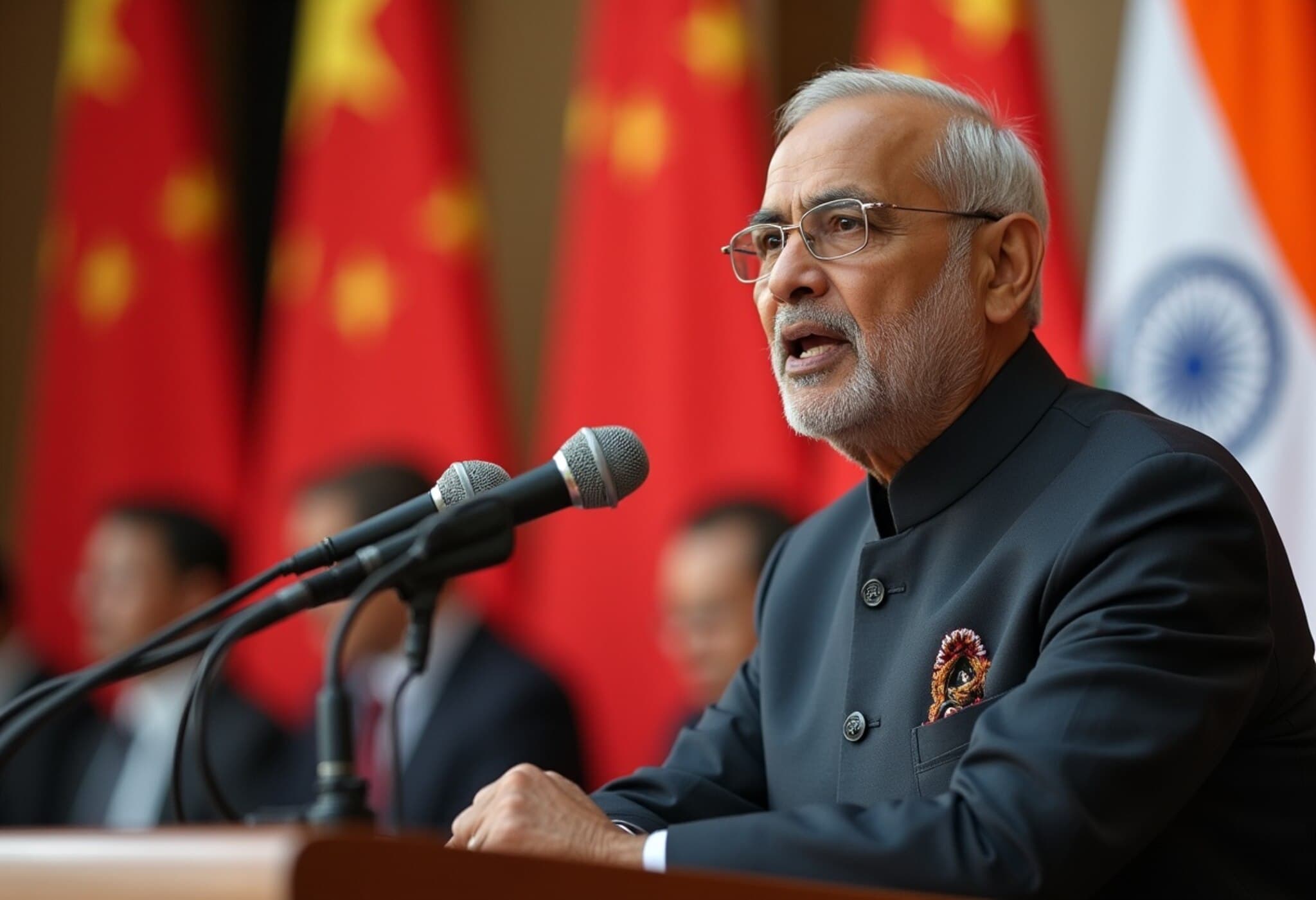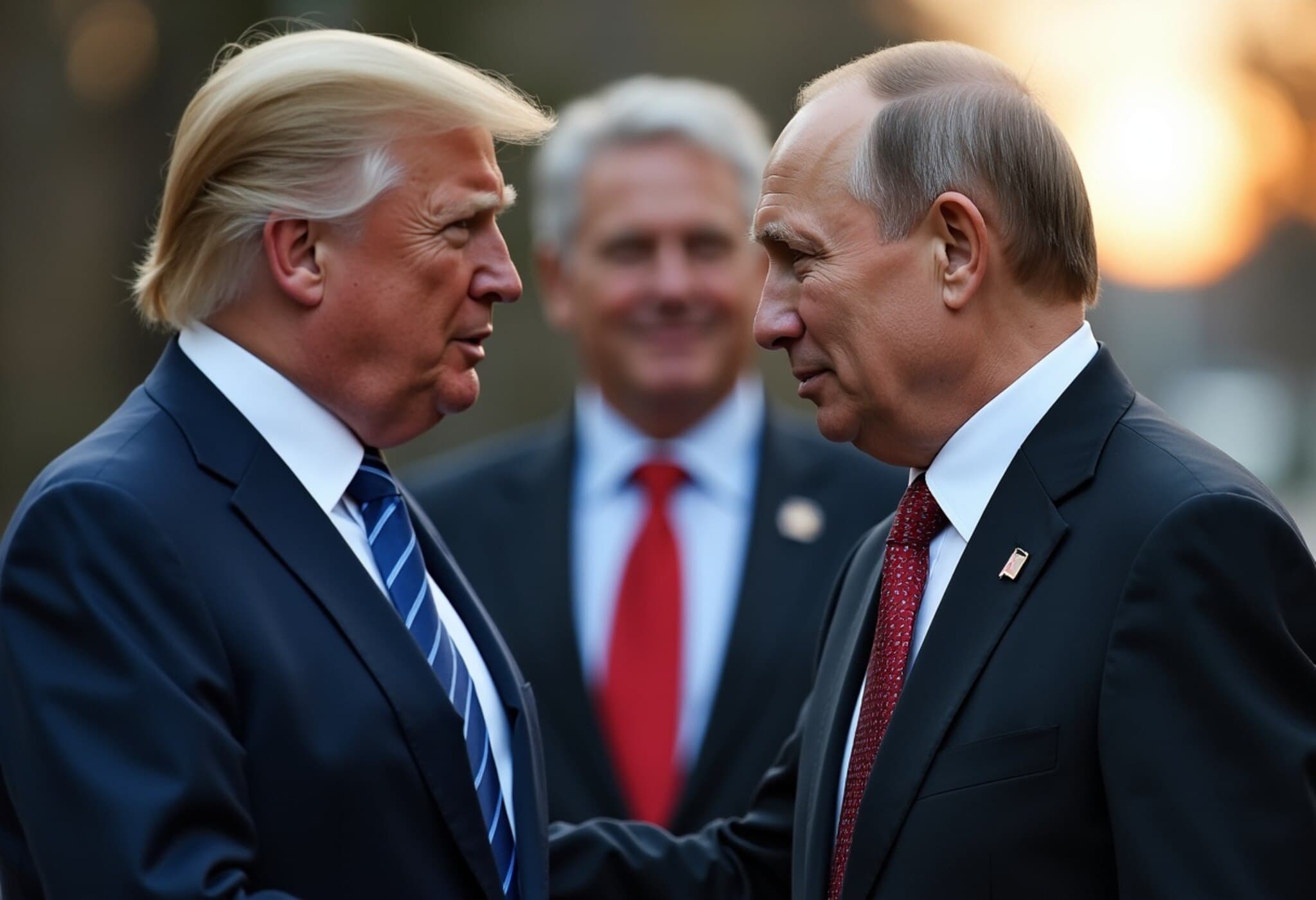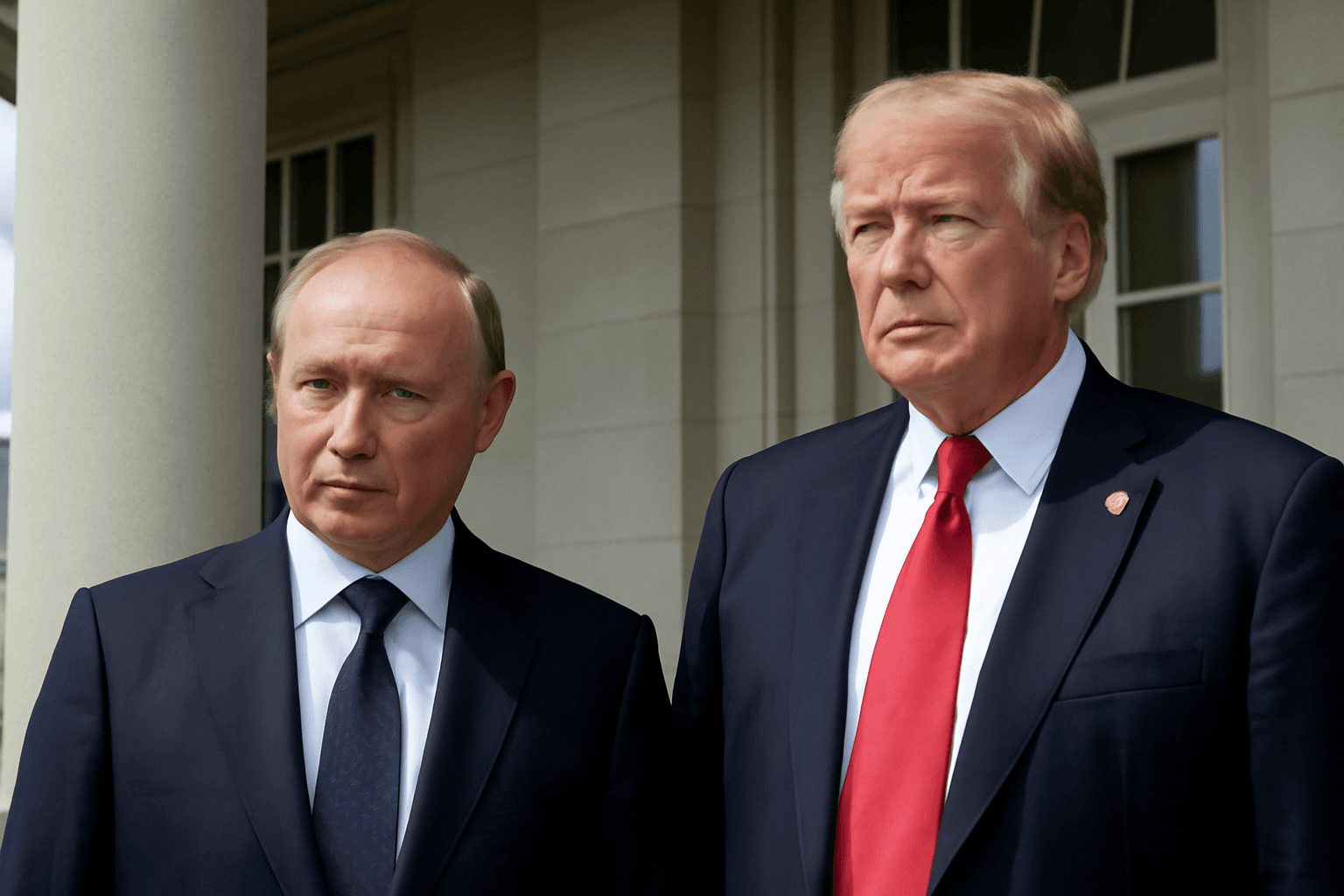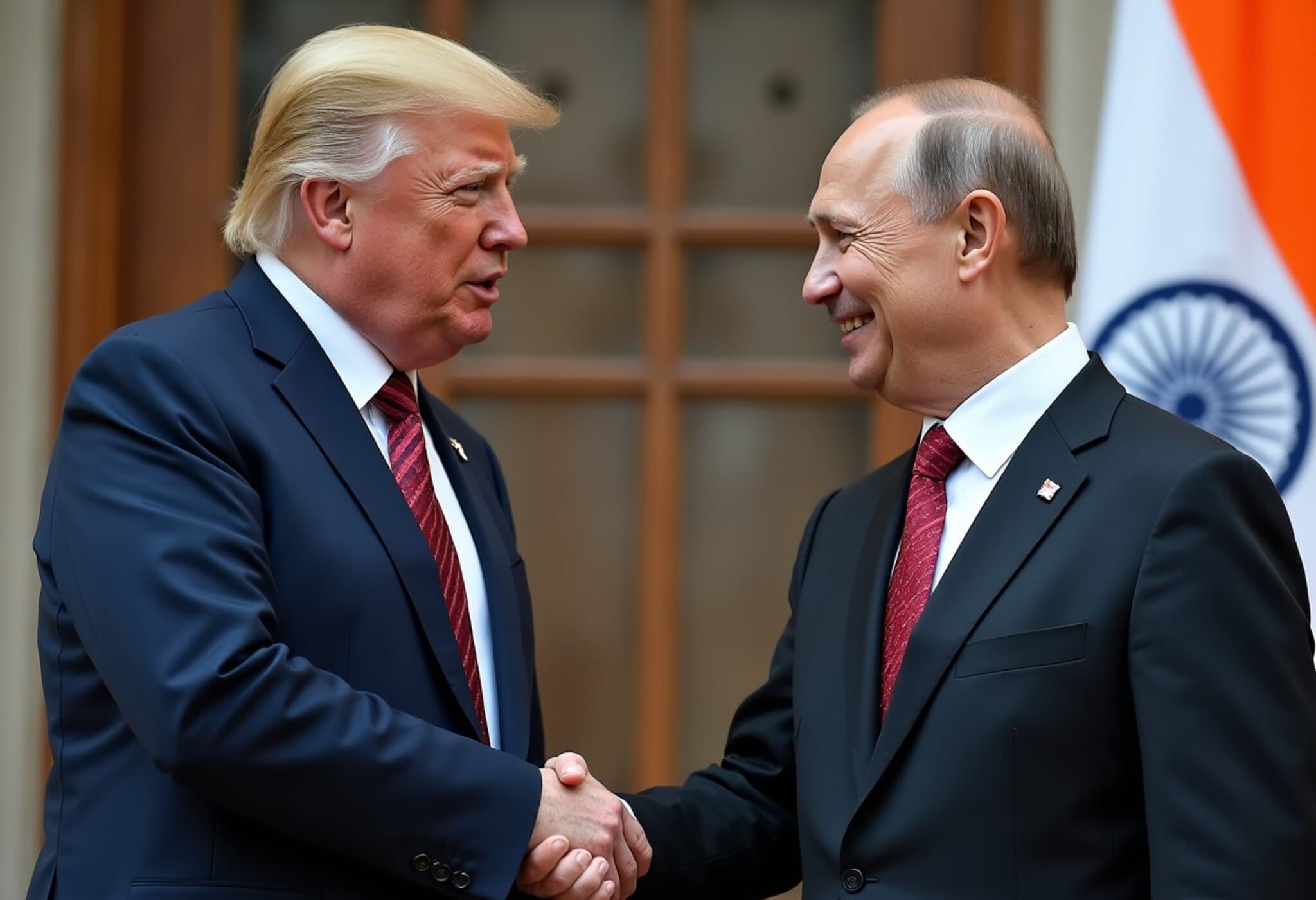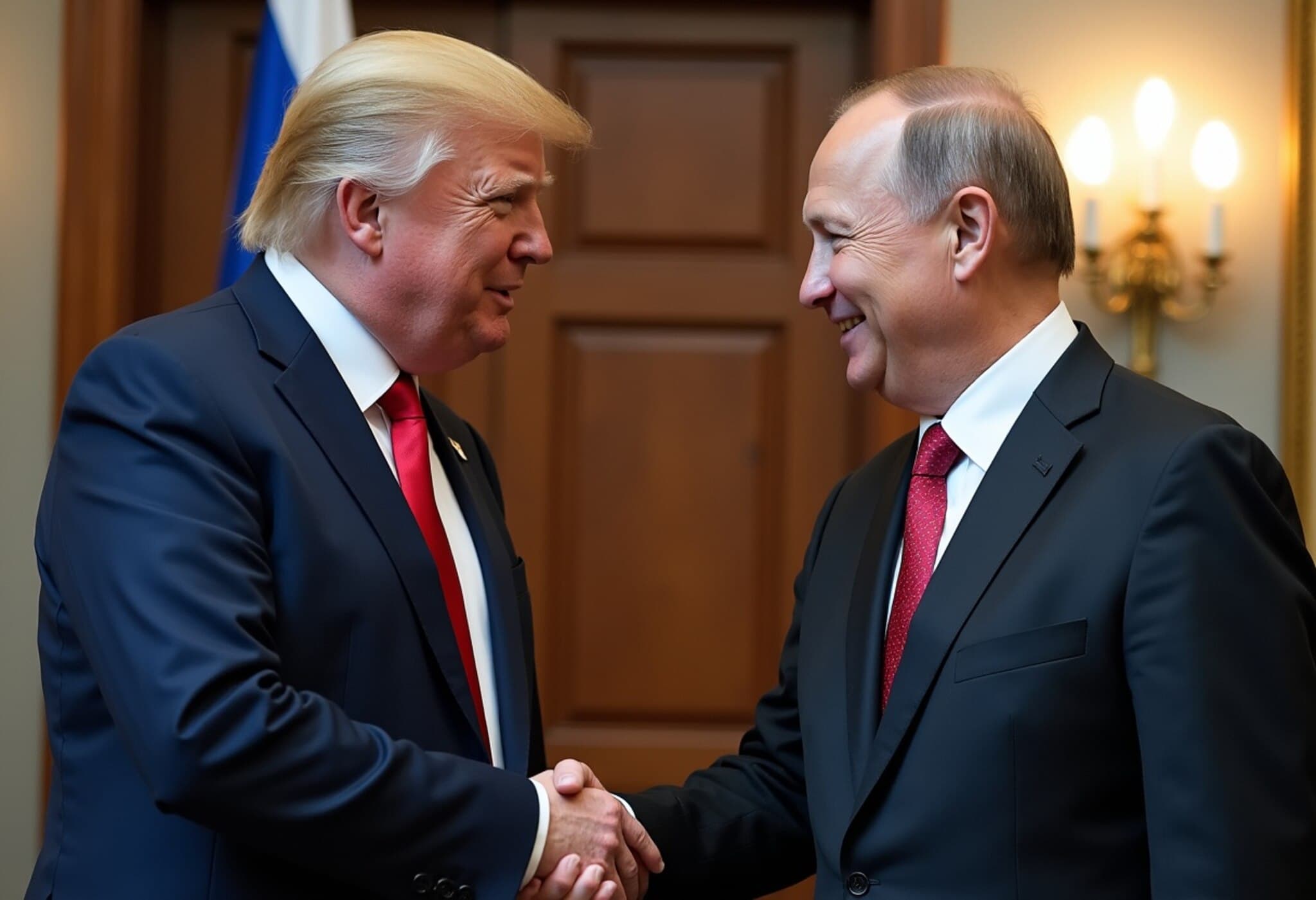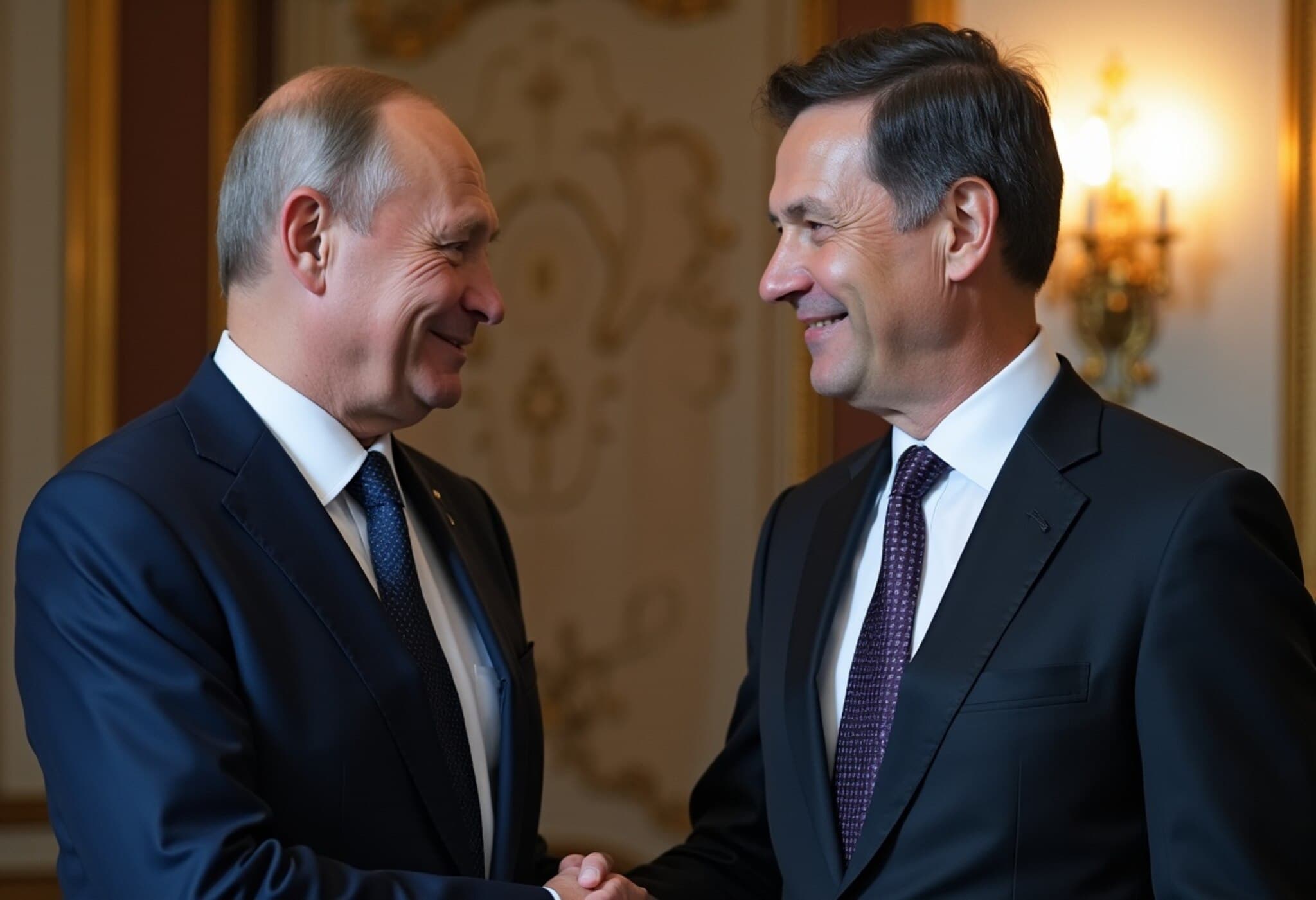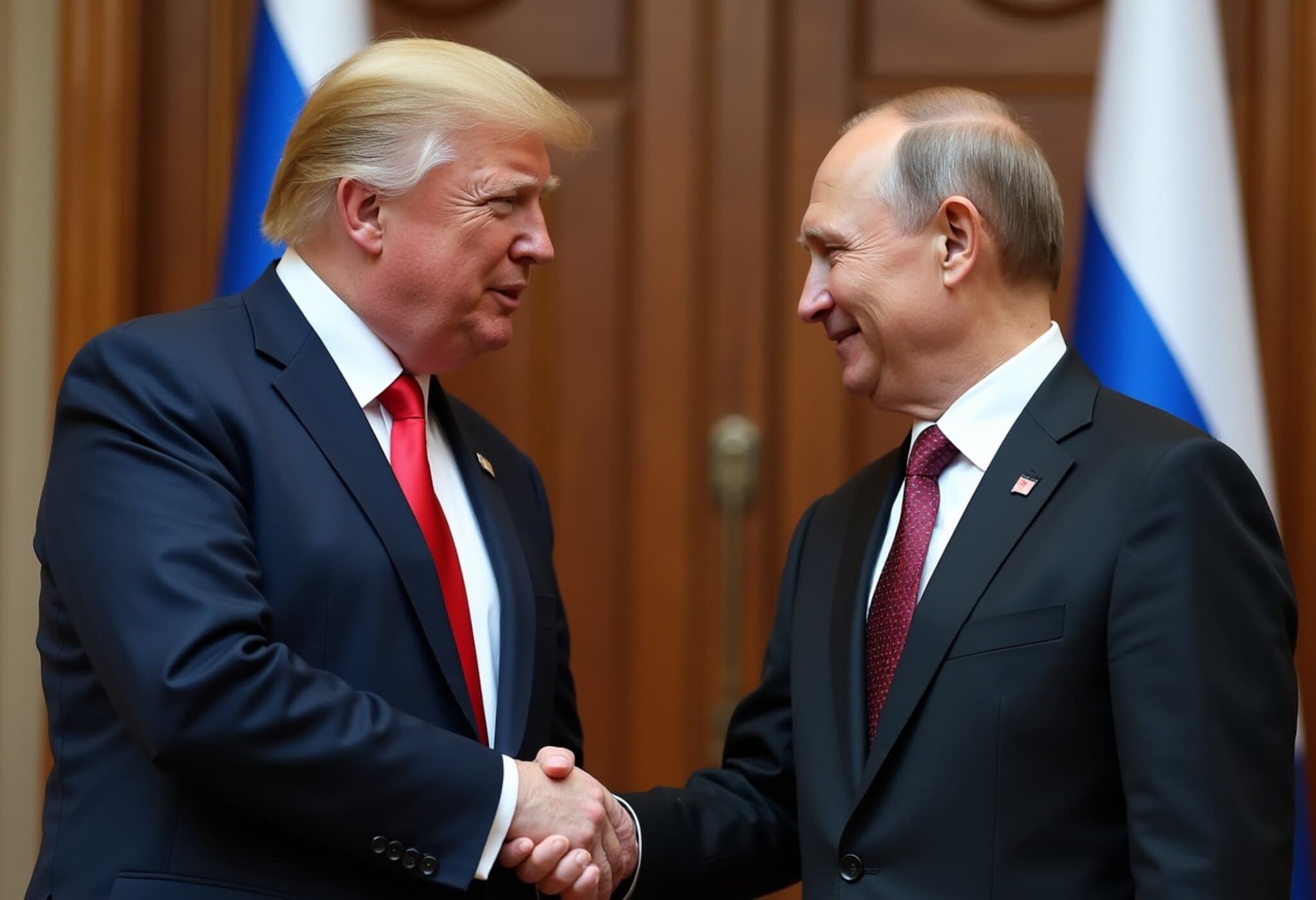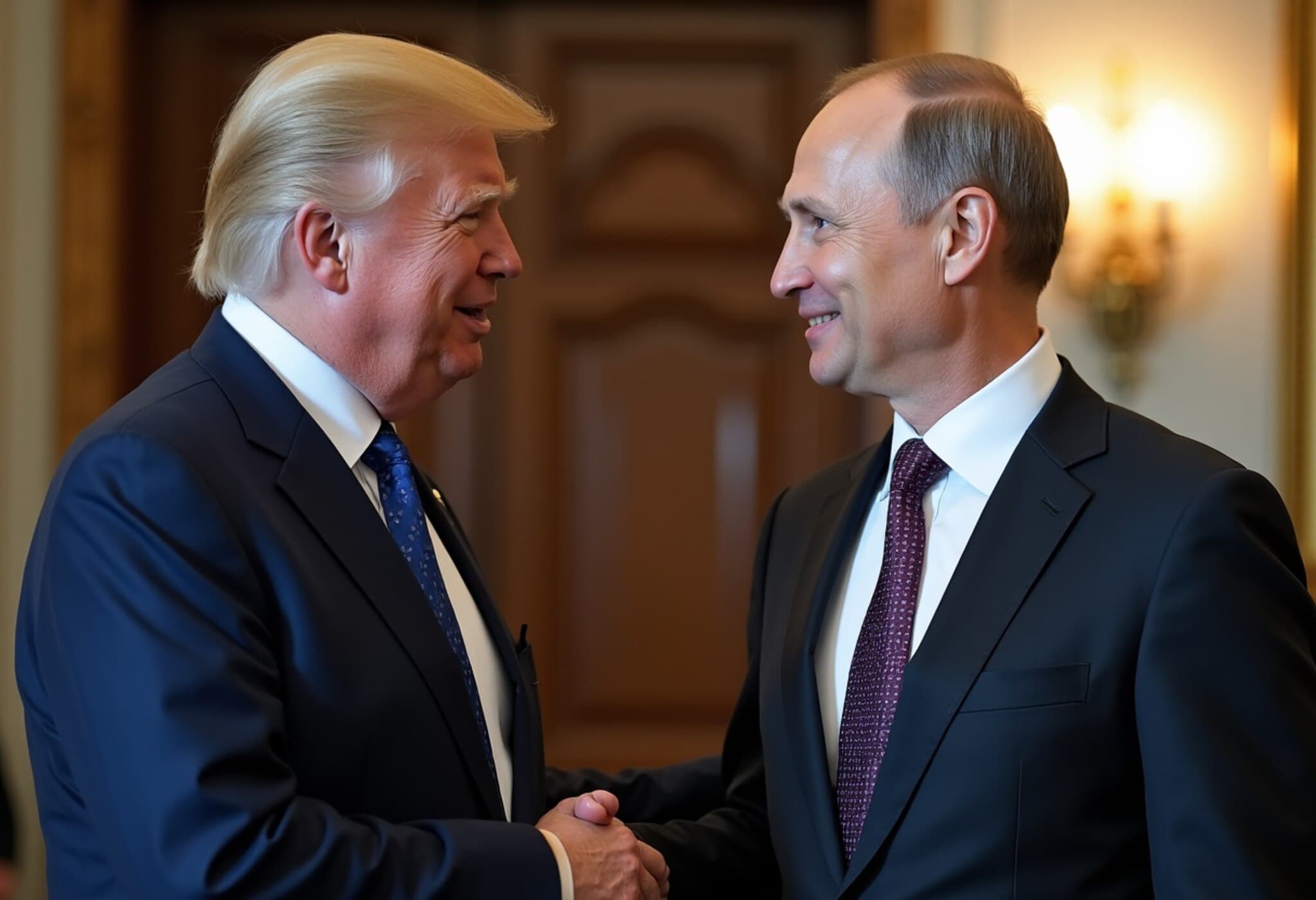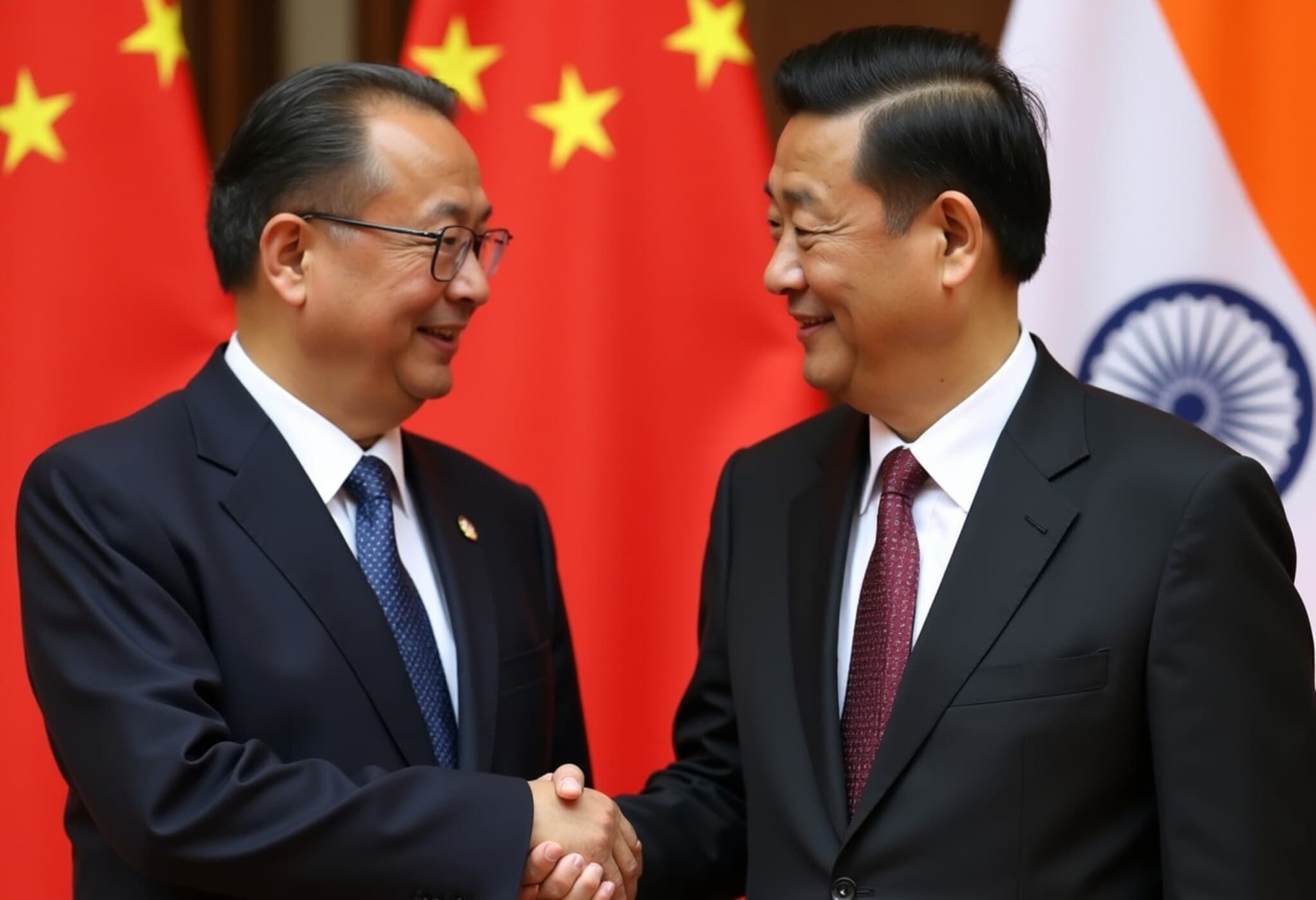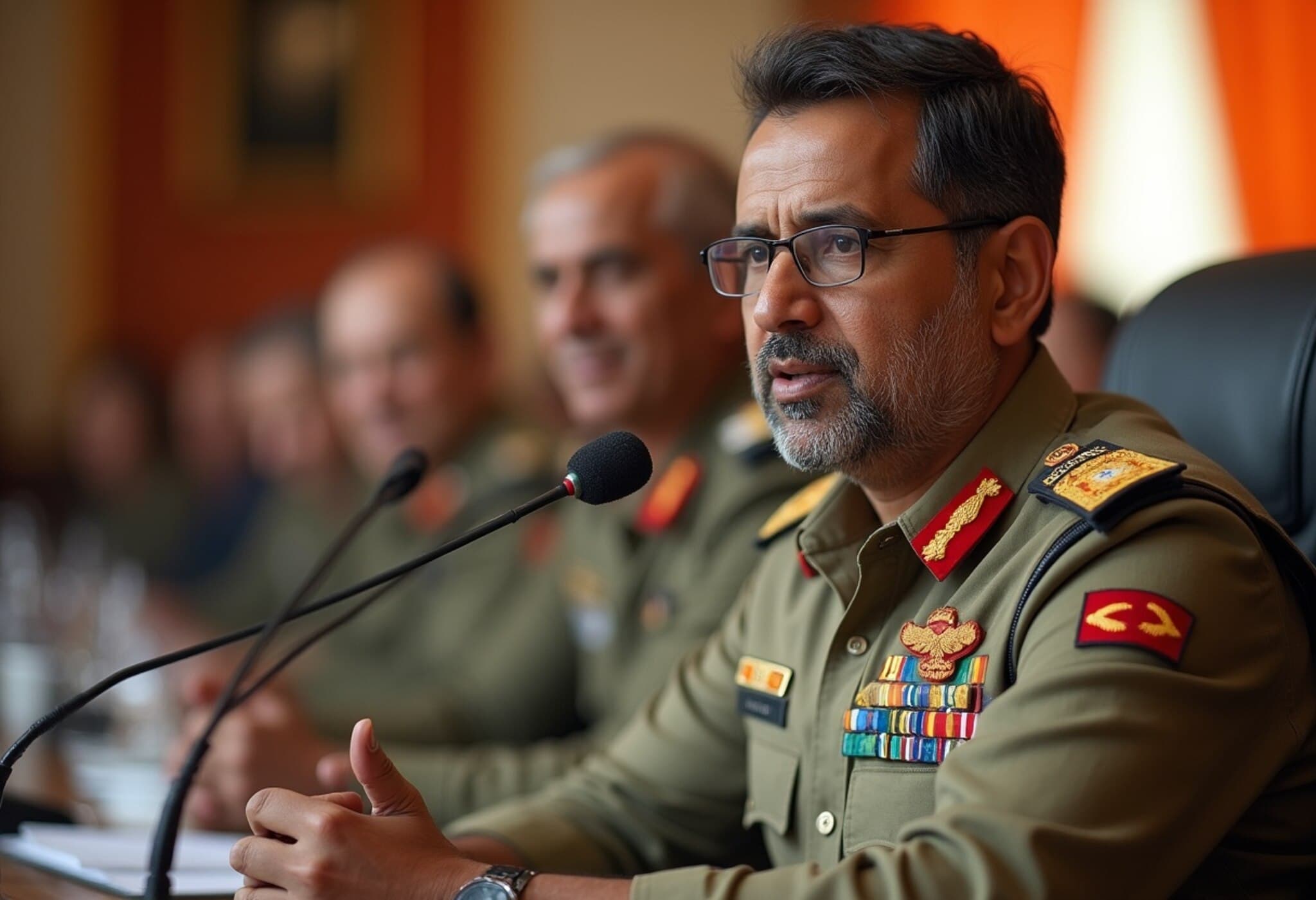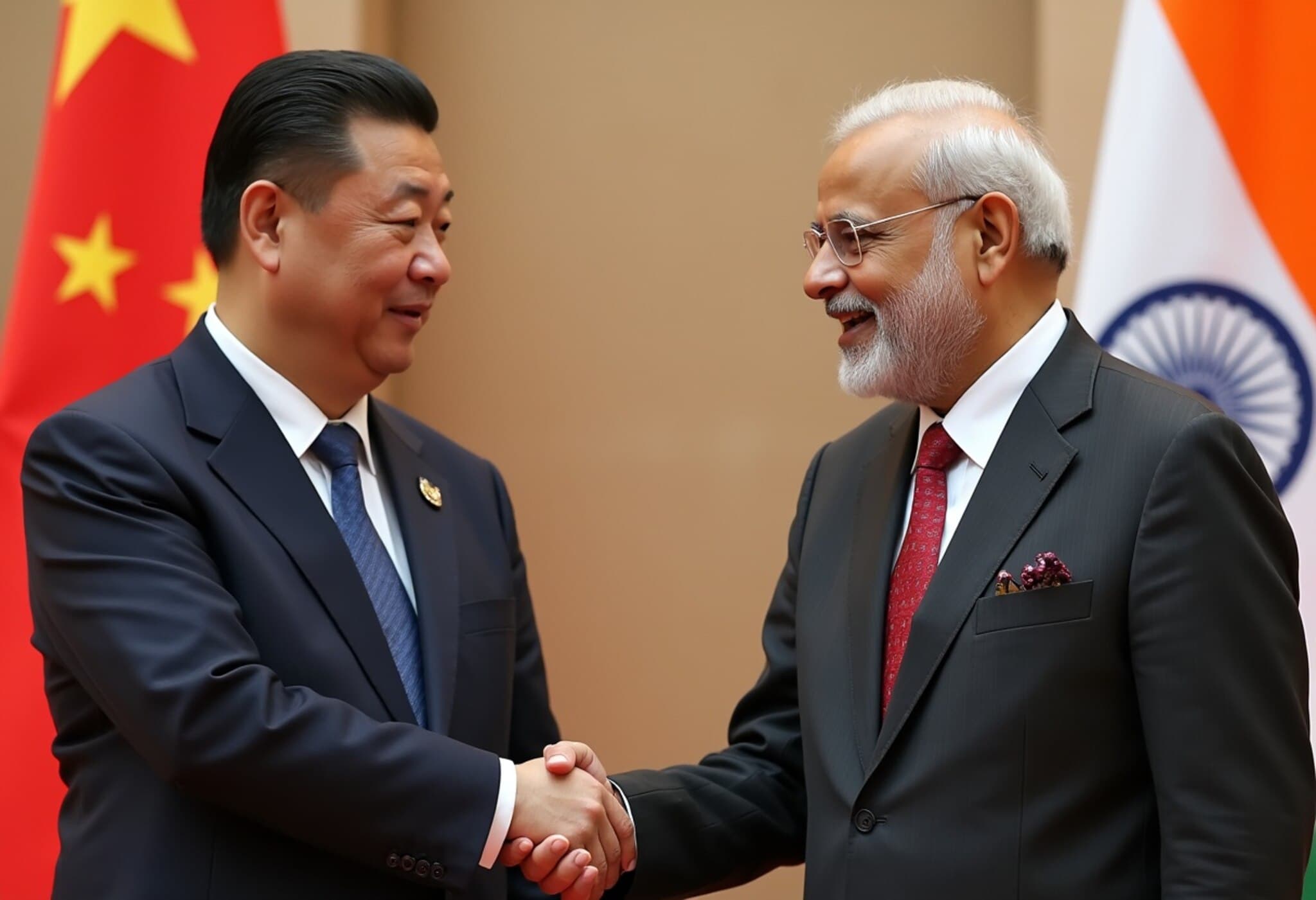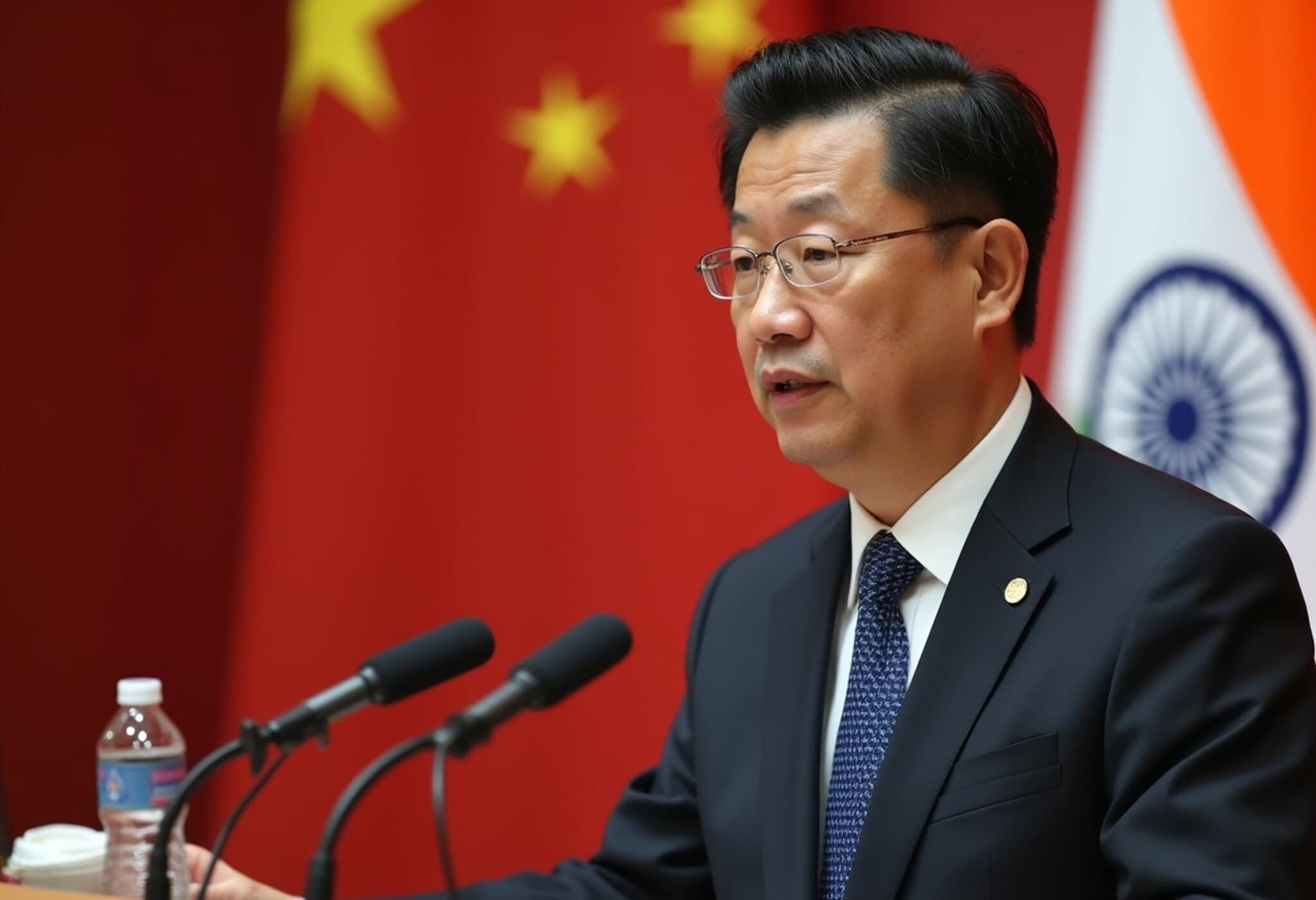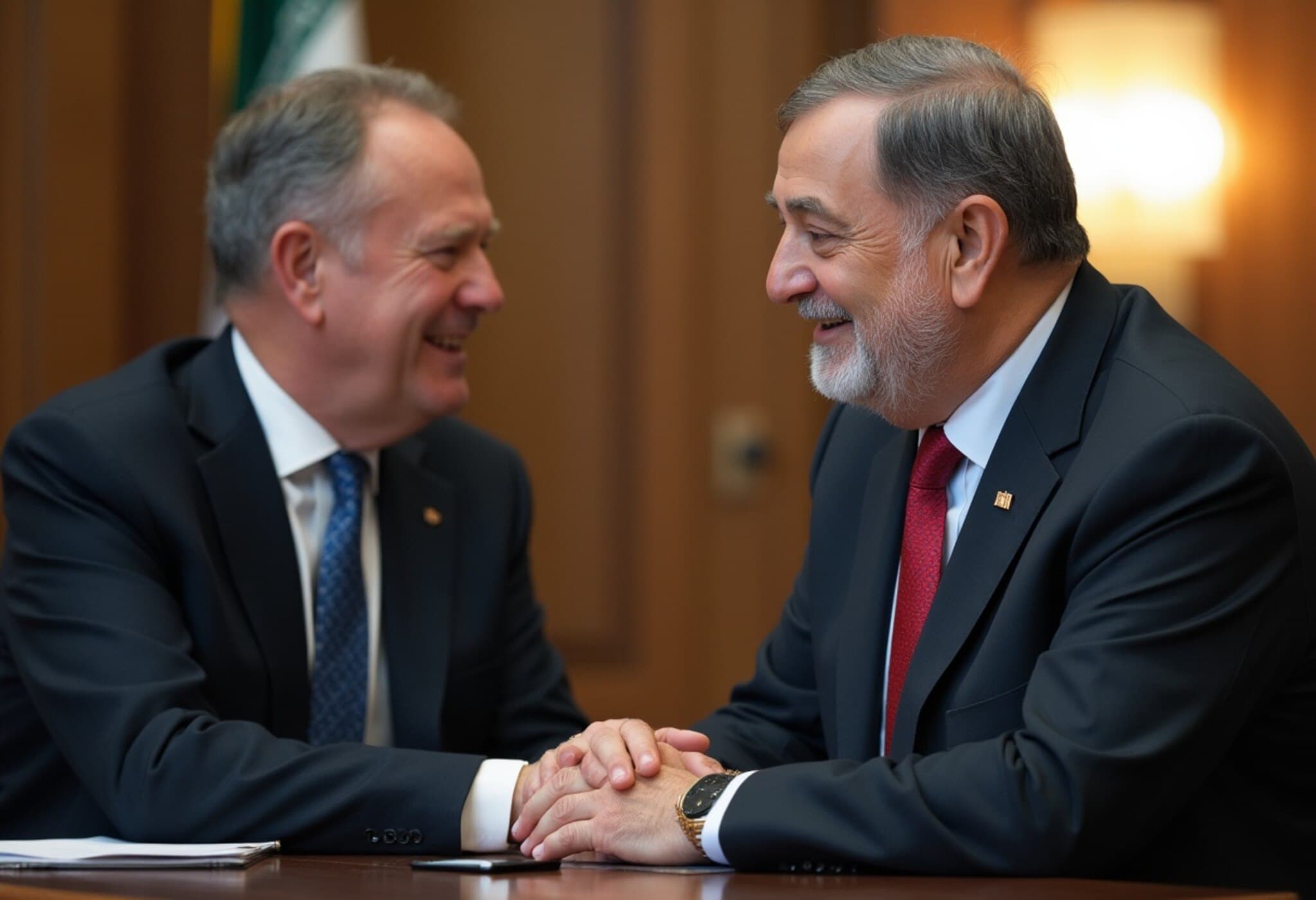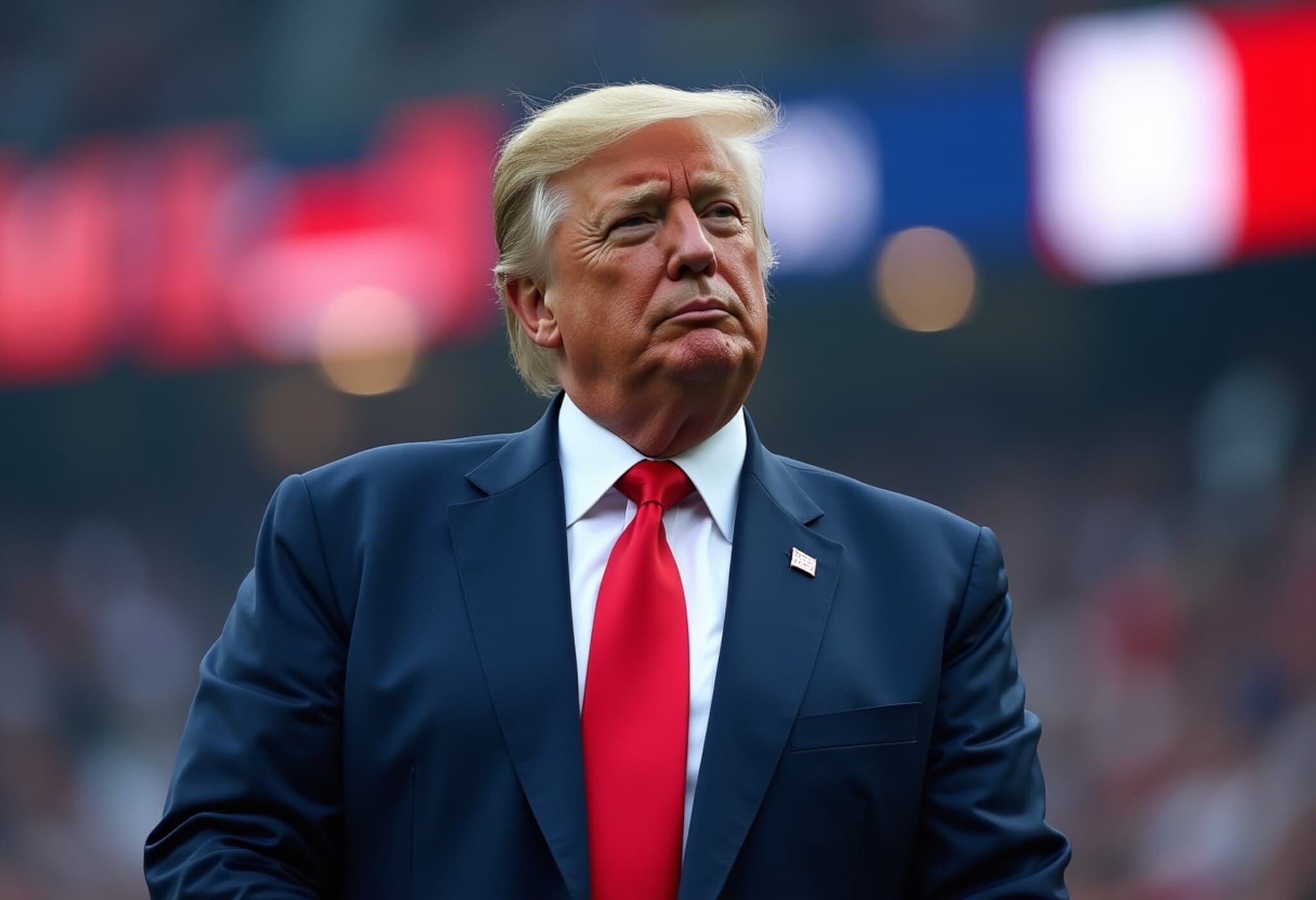India’s External Affairs Minister S. Jaishankar Reaffirms SCO’s Core Mission Ahead of Summit
In a pivotal message delivered on the eve of the Shanghai Cooperation Organisation (SCO) summit, India’s External Affairs Minister S. Jaishankar emphasized the group’s foundational purpose: combatting terrorism, separatism, and extremism. During a high-profile meeting with China’s Foreign Minister Wang Yi in Beijing on July 14, 2025, Jaishankar called on all SCO members to maintain a strict zero-tolerance policy towards terrorism, underscoring the shared security concerns that unite the member states.
Maintaining the SCO’s Strategic Mandate
Jaishankar pointedly reminded that “tomorrow, we will be meeting in the format of the SCO, whose primary mandate is to combat terrorism, separatism and extremism. This is a shared concern and India hopes that zero tolerance for terrorism will be strongly upheld.” This message comes at a time when the SCO’s global profile is growing, making collective security coordination particularly urgent amid rising regional and international challenges.
Strengthening India-China Relations: A Delicate Balance
Beyond the multilateral platform, Jaishankar used this diplomatic rendezvous to affirm the gradual positive momentum in India-China bilateral relations post their leaders' meeting in Kazan, Russia, in October 2024. He highlighted significant achievements, particularly the progress made in de-escalating border tensions, which has laid the groundwork for rebuilding mutual strategic trust.
Jaishankar remarked, “We have made good progress in the past nine months for the normalization of our bilateral relations. It is a result of the resolution of friction along the border and our ability to maintain peace and tranquility there. This is the fundamental basis for mutual strategic trust and for smooth development of bilateral relations.”
Key Areas for Further Cooperation and Challenges Ahead
While optimistic, the External Affairs Minister acknowledged that challenges remain, especially regarding border de-escalation measures that require sustained dialogue and commitment from both sides. The upcoming SCO summit is seen as an ideal platform to further these conversations and strengthen cooperation.
Marking the 75th anniversary of diplomatic ties between India and China, Jaishankar also expressed gratitude for China’s cooperation in resuming the Kailash Mansarovar Yatra after a five-year hiatus. This small but symbolic gesture reflects the potential for thawing people-to-people relations and reopening cultural and economic exchanges that have been stymied by recent tensions.
Economic and Cultural Ties: Removing Barriers for Greater Cooperation
Jaishankar urged the removal of trade restrictions that currently impede the growth of economic relations between the two Asian giants. He emphasized that stable and constructive ties not only benefit India and China but resonate positively across the broader international community, fostering regional stability and economic prosperity.
Looking Ahead: From Bilateral Meetings to Global Geopolitical Stability
Recognizing the shifting contours of global geopolitics, Jaishankar stressed the importance of regular and frank communication between India and China, both bilaterally and within international forums like the SCO. These exchanges, he suggested, should transcend mere formality and become tools for strategic understanding and conflict prevention.
He concluded on a note of pragmatic optimism: “While differences may exist, they must not escalate into disputes, and cooperation should always be prioritized over confrontation.” This call for diplomatic maturity highlights India’s commitment to peaceful coexistence and a rules-based order in Asia and beyond.
Expert Insights: The SCO's Role in South Asian Security Dynamics
The SCO’s mandate to confront terrorism and extremism has never been more relevant given the volatile security landscape of South Asia. Analysts note that India’s vocal stance on zero tolerance against terrorism within the SCO serves a dual purpose: strengthening its own security posture while holding influential members like China and Russia accountable to shared commitments.
Moreover, Jaishankar’s emphasis on bilateral progress underscores India’s nuanced approach of engaging China through multilayered diplomacy rather than outright confrontation—a critical strategy amid ongoing border sensitivities and broader geopolitical rivalries, particularly with the backdrop of American strategic interests in the Indo-Pacific region.
Summary Box: Key Takeaways
- SCO summit focuses on combatting terrorism, separatism, and extremism.
- India urges zero tolerance towards terrorism within the multilateral forum.
- Positive steps noted in India-China relations, especially border peace and resumption of cultural exchanges.
- Calls for removal of trade barriers to enhance economic cooperation.
- Stress on regular diplomatic engagement to prevent escalation of disputes.
Editor's Note
The growing importance of the SCO as a platform for regional stability cannot be overstated. India's balanced diplomatic signaling to China, combining principled firmness on terrorism with openness to dialogue, reflects a mature foreign policy calibrated for a complex global landscape. Readers should watch how these developments evolve post-summit, particularly regarding tangible outcomes on border de-escalation and economic ties — both critical for lasting peace in Asia.

